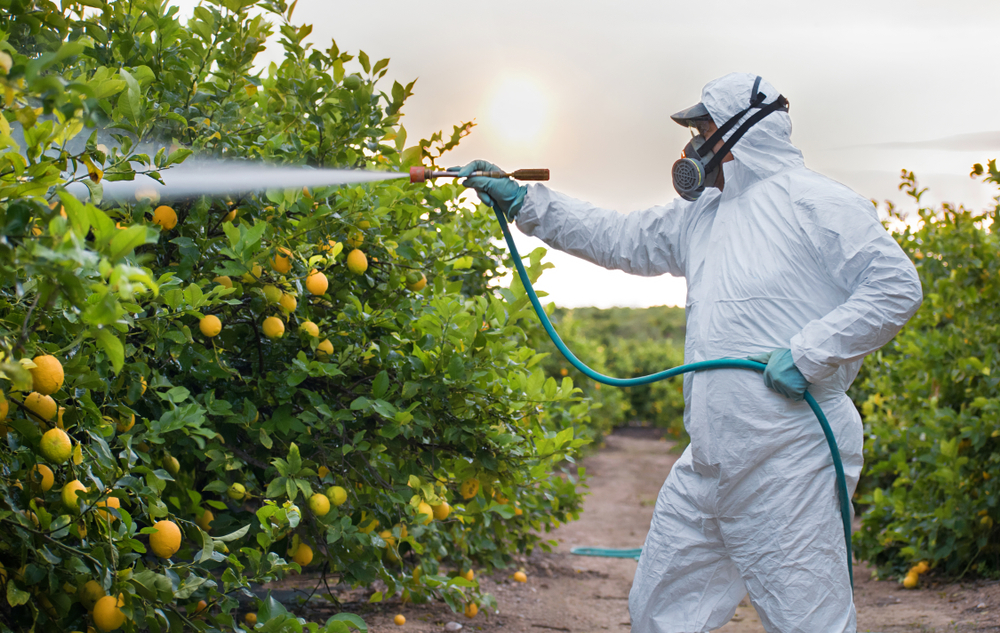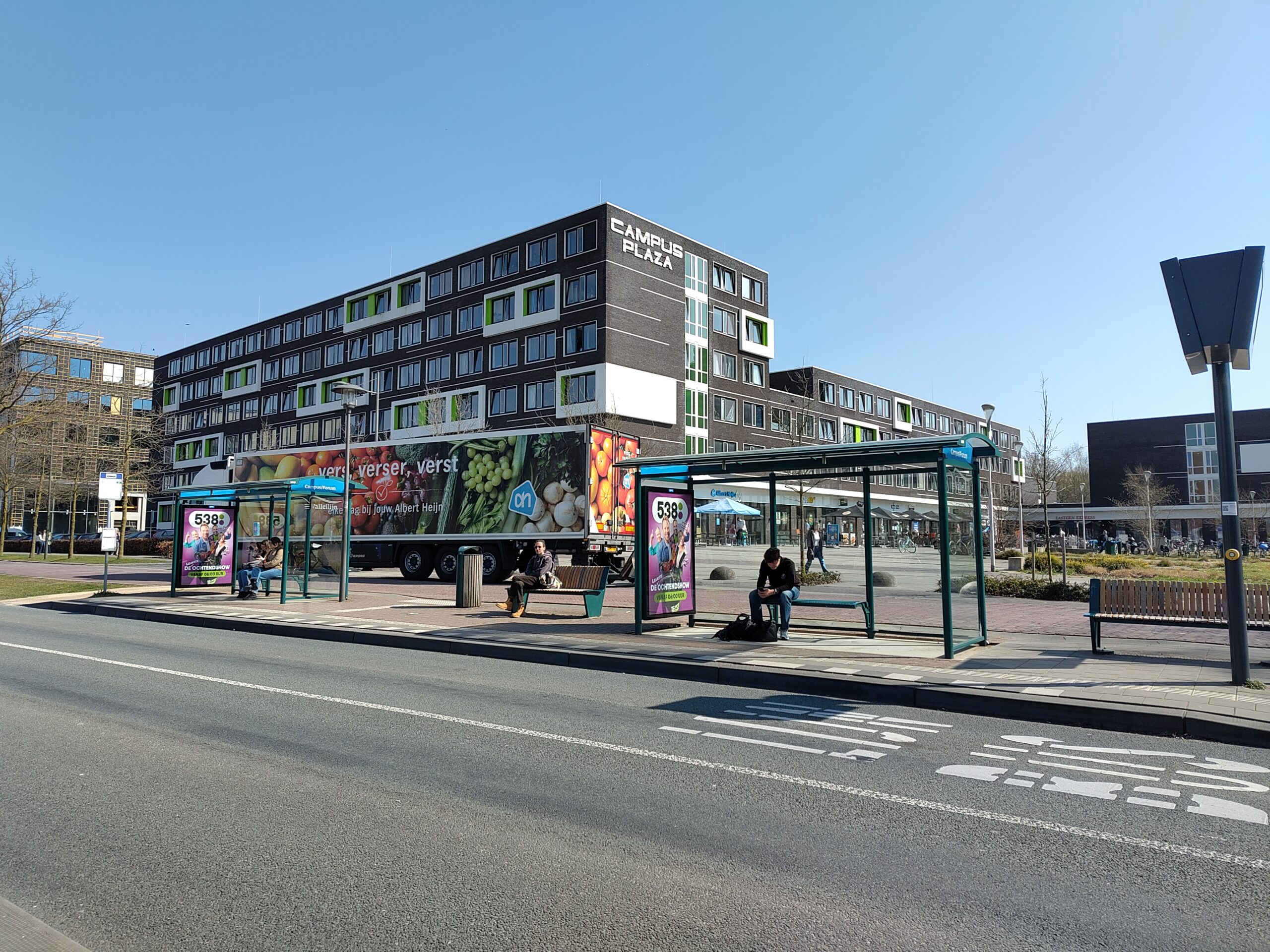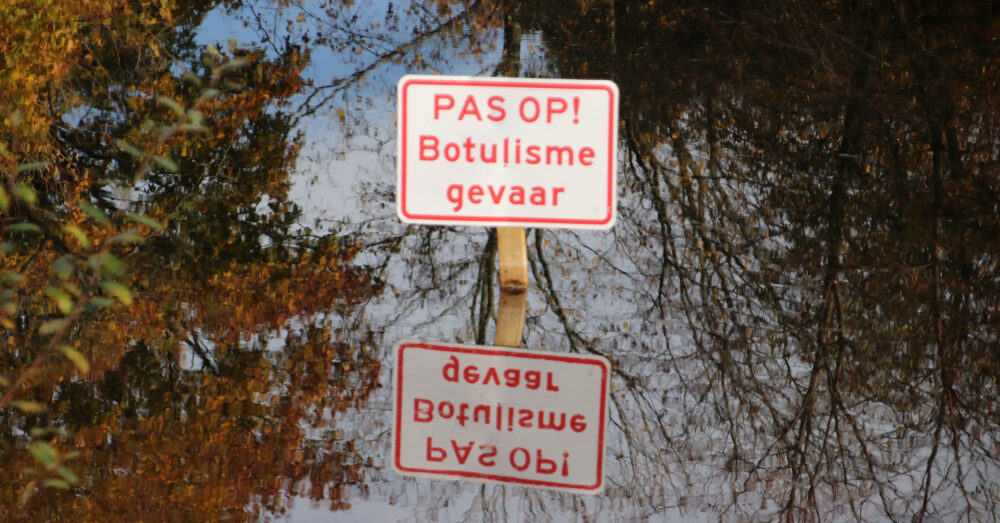While the EU aims to accelerate its policies against the use of chemical crop protection agents, an alternative is not yet available. This hampers growers in their efforts to combat disease, plagues and weeds, Marleen Riemens, a researcher at Field Crops. She shared her concerns with members of parliament during a roundtable discussion on “Healthy crops and healthy soil” on Wednesday, 12 January.
An increasing range of chemical pesticides is deemed harmful for humans or the environment by the European Food Safety Agency (EFSA) and the Dutch admissions bureau CTGB. Europe aims to cut the use of these products by half in 2030, while the Netherlands strives for a sustainable agricultural sector that is considerably less dependent on chemical crop protection agents.
Pillars
However, an alternative system is not yet available, Riemens warns. The new integrated system rests on five pillars: crop diversification where plagues are subdued by combining different crops; robust crops that are more resilient against plagues and diseases; sustainable soil management; monitoring diseases and precision crop protection with low-risk agents.
The organic agriculture sector also requires new agents and measures, as there will always be plagues, diseases and weeds to deal with
Marleen Riemens, researcher at Field Crops
Developing such a system takes time, Riemens states. Creating more robust varieties takes at least a decade. ‘We also want to deploy plague insects’ natural enemies and beneficial micro-organisms. But doing so is much more challenging in the fields than under greenhouse conditions. There is still much expertise to be developed and translated to practical recommendations at farm and plot-level.’
Organic
Some politicians feel that the Netherlands should accelerate its transition towards organic farming, rendering chemical crop protection redundant. However, Riemens warns that this could result in a 25 per cent lower production in the Netherlands, which would mean more land is required to maintain the same production level. The organic agriculture sector also requires new agents and measures, as there will always be plagues, diseases and weeds to deal with.
The admission of new crop protection agents in Europe is a slow process, one of the other speakers at the roundtable meeting stated. This hinders the availability of viable alternatives to chemical crop protection. They called on the members of the Second Chamber to simplify the admission policies and increase the number of controlling agencies.
Some politicians feel that the Netherlands should accelerate its transition towards organic farming, rendering chemical crop protection redundant. However, Riemens warns that this could result in a 25 per cent lower production in the Netherlands, which would mean more land is required to maintain the same production level. The organic agriculture sector also requires new agents and measures, as there will always be plagues, diseases and weeds to deal with.
The admission of new crop protection agents in Europe is a slow process, one of the other speakers at the roundtable meeting stated. This hinders the availability of viable alternatives to chemical crop protection. They called on the members of the Second Chamber to simplify the admission policies and increase the number of controlling agencies.

 A fruit grower in Spain using pesticides. Photo Shutterstock
A fruit grower in Spain using pesticides. Photo Shutterstock 

